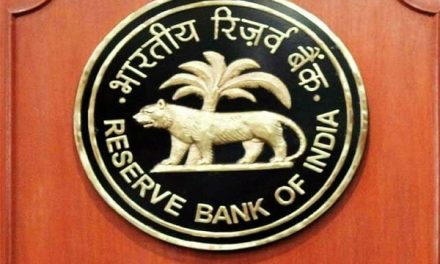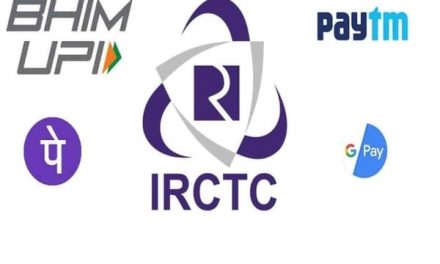Home Loan
The Reserve Bank of India (RBI) has hiked the repo rate twice so far in 2018 and a few banks have been swift in passing on the rate hike to borrowers. Home loans are the most affected by rate hikes as the borrowings are huge in quantum and tend to have long tenures.However, should you as a borrower make any adjustments to your financial plan or strategy when your home loan interest rate increases? Let us examine this.
Take the case of Mithali, 39, an HR manager at a startup hospitality chain, and mother of two. Along with her husband Jay, 41, she is repaying their home loan of Rs 1 crore. Last week their bank increased the interest rate on their loan by 25 basis points in response to the central bank’s repo rate hikes.
When banks hike interest rate, borrowers usually have the choice to either accept an increased EMI or to stretch the tenure keeping the EMI same.
So now with their interest rate at 9%, up from the earlier 8.75%, Mithali and Jay must choose from either of these options: pay an EMI of Rs 1,01,427, as against the earlier Rs 99,945, or extend the tenure of their loan from 180 months to a couple of months more.
The first option is the better choice of the two because the difference in EMI is not even Rs 1,500. In Mithali and Jay’s case, we can safely assume that a hike of Rs 1,500 per month will not jeopardize their current saving and spending schedules by considering the fact that the bank found their incomes sizeable enough for a Rs 1 crore loan.
As such, EMI changes triggered by repo rate hikes are never substantial because the increase is only a few basis points at a time. (A basis point is 1/100 of a per cent).
If a borrower feels they will be inconvenienced by higher EMIs, it is still advisable to put up with a little inconvenience, because incomes grow over annually with salary increments or business growth, as the source of your income may be. The next year you would find the EMIs manageable.
Don’t cut back on your investments that are (hopefully) tied to long-term goals such as retirement, the child’s higher education and marriage. EMI increases owing to rate hikes can be a temporary phenomenon. When the economic situation changes, the central may cut rates and banks would pass on the benefit to borrowers. Yet, that banks have not been as enthusiastic in passing on rate cuts as rate hikes is another story.
Therefore, you should not alter contributions to your investments because of EMI changes as rate hikes and rate cuts are part of the economic cycle which keeps repeating every 5-7 years.
Consult with your financial planner about the best course to take in case your budget looks extremely tight to accommodate a higher EMI. Most importantly, plan your investments well taking into account your goals, current expenses and behaviour with respect to risk. Plan to increase contributions to goals with the increase in income. When the foundation is solid, the house built upon it will stand securely too.







